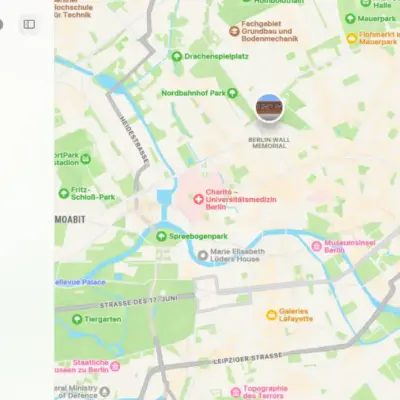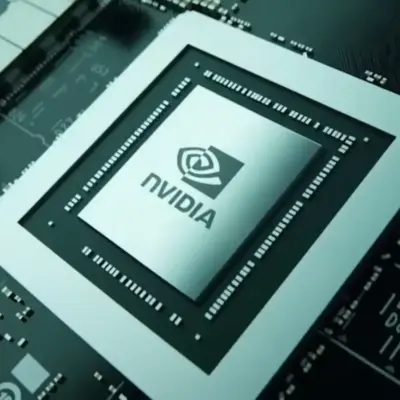Alphabet-owned Google has launched its own conversational AI called Bard in the USA and UK.
After ChatGPT gained popularity for its remarkable abilities in conversational AI, the world anticipated Google’s reaction to this apparent rival and its impact on the tech giant’s search dominance.
Due to its two-decade-long monopoly on internet search, Google is cautious about introducing its AI tools. Any malfunction could potentially damage its ad-based business model.
In this blog, we will explore what Google’s Bard is, how it works, its features, how it is different from OpenAI’s ChatGPT, and when it will be available.
What is Google’s Bard?
Google developed Bard to imitate human conversations, making it a conversational AI. It uses a combination of natural language processing and machine learning to provide realistic and helpful responses to questions you might ask it.
Google’s Bard works by using natural language processing and machine learning to understand the context of a conversation and provide relevant responses. With its vast knowledge base, ChatGPT can tackle a wide array of topics and questions. Moreover, it can furnish businesses with automated support and human-like interaction.
Features of Google’s Bard AI
Google’s Bard boasts several features, such as its capacity to simulate human-like conversations and its utilization of natural language processing and machine learning. Additionally, it offers automated support and human-like interaction for businesses.
Google Bard AI: Next step on the Google AI journey
How is Google’s Bard different from OpenAI’s ChatGPT?
Bard can convey complex topics understandably. It’s trained on a large dataset with a cut-off point.
Microsoft, a major investor in OpenAI, recently launched its own AI chatbot, Bing AI, which is linked to the internet. It remains to be seen how Bard will perform in comparison once it is also connected.
When will Google’s Bard AI be available?
Google’s Bard launched in USA and UK and is not publicly available yet. According to the CEO, Sundar Pichai it will become “widely available to the public in the coming weeks”.
Google has revealed its intention to integrate LaMDA and other advanced AI features into its search engine, aiming to provide more useful responses to the complex inquiries posed by its vast user base. Pichai has suggested that Google will implement these tools shortly, although there is no set timeline.
This move signifies Google’s growing dedication to the field of AI. Google announced that it is investing and collaborating with Anthropic, an AI startup founded by some former leaders at OpenAI.
By leveraging these advancements in AI technology, Google aims to enhance its already dominant position in internet search, providing even better results to billions of users worldwide.





